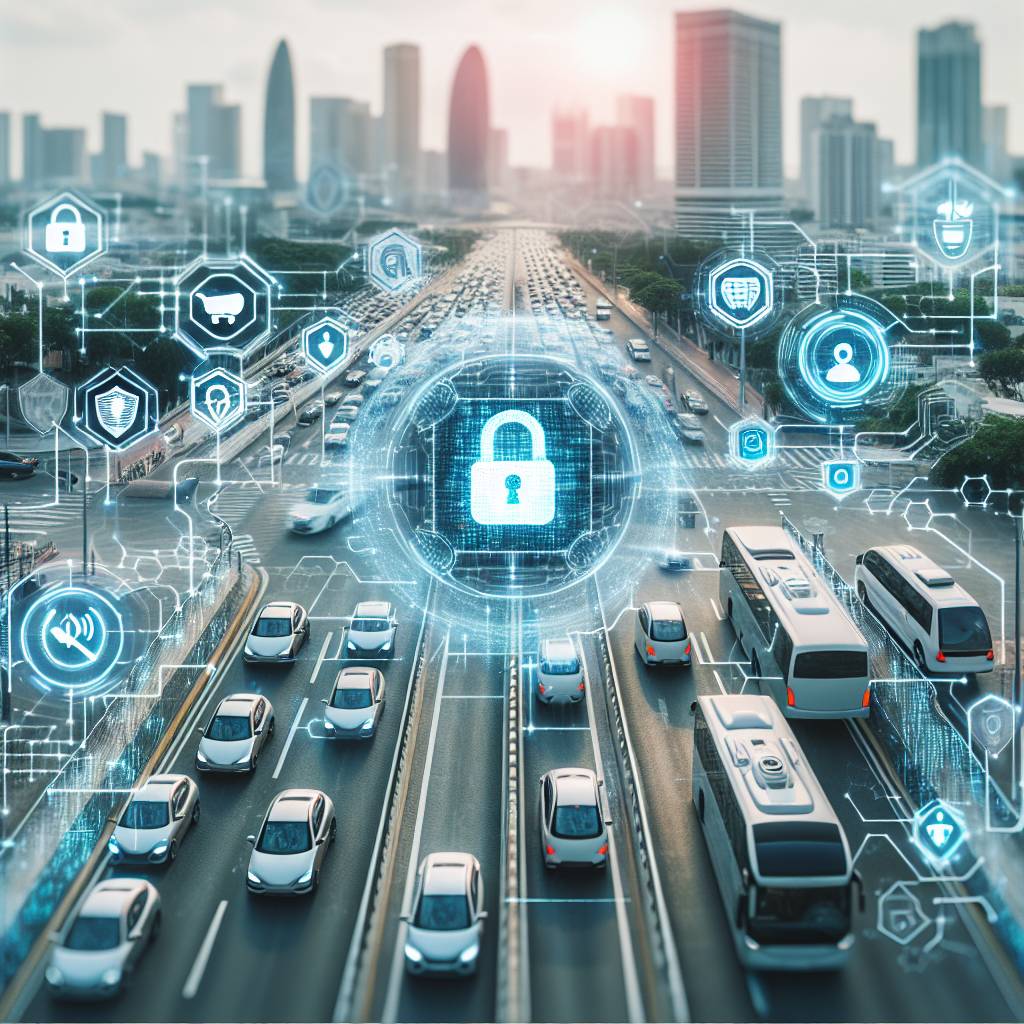Introduction
Artificial Intelligence (AI) has become an integral part of smart transportation systems, revolutionizing the way we travel and commute. From autonomous vehicles to intelligent traffic management systems, AI is reshaping the way we interact with transportation. However, as AI becomes more prevalent in transportation, concerns about privacy and data security have emerged. The right to privacy in smart transportation is a complex and multifaceted issue that requires careful consideration and regulation.
AI in Smart Transportation
AI is playing a crucial role in shaping the future of transportation. Autonomous vehicles, for example, rely on AI algorithms to navigate and make decisions on the road. These algorithms analyze data from sensors, cameras, and other sources to safely transport passengers from one point to another. AI is also being used in traffic management systems to optimize traffic flow, reduce congestion, and improve overall efficiency.
One of the key benefits of AI in smart transportation is its ability to collect and analyze vast amounts of data in real-time. This data can be used to make informed decisions, predict traffic patterns, and improve the overall transportation experience for users. However, this data collection also raises concerns about privacy and data security.
The Right to Privacy in Smart Transportation
The right to privacy is a fundamental human right that is enshrined in various international agreements and conventions. In the context of smart transportation, the right to privacy is at risk due to the extensive data collection and monitoring that AI systems require. For example, autonomous vehicles collect data on passengers’ locations, routes, and habits, raising concerns about who has access to this information and how it is being used.
One of the main challenges in protecting the right to privacy in smart transportation is the lack of clear regulations and guidelines. As AI technologies continue to evolve and become more sophisticated, it is essential to establish clear rules and standards for data collection, storage, and usage. This includes ensuring that data is anonymized and encrypted to protect users’ privacy rights.
FAQs
Q: What kind of data is collected by AI in smart transportation systems?
A: AI systems in smart transportation collect a wide range of data, including location information, route preferences, traffic patterns, and passenger behavior. This data is used to optimize transportation systems and improve the overall user experience.
Q: How is the right to privacy protected in smart transportation?
A: The right to privacy in smart transportation can be protected through clear regulations, encryption of data, and anonymization of user information. It is essential for policymakers and industry stakeholders to work together to establish guidelines for data collection and usage.
Q: Are there any risks associated with AI in smart transportation?
A: While AI has the potential to revolutionize transportation, there are risks associated with its implementation, including concerns about privacy, data security, and ethical implications. It is crucial for stakeholders to address these risks and develop appropriate safeguards to protect users’ rights.
Q: How can users protect their privacy in smart transportation?
A: Users can protect their privacy in smart transportation by being mindful of the data they share with AI systems, using secure and encrypted networks, and understanding the privacy policies of transportation providers. It is essential for users to be informed and proactive in protecting their privacy rights.
Conclusion
AI has the potential to transform the way we travel and commute, but it also raises important questions about privacy and data security. The right to privacy in smart transportation is a complex issue that requires careful consideration and regulation. It is essential for policymakers, industry stakeholders, and users to work together to establish clear guidelines for data collection, storage, and usage. By addressing these concerns and developing appropriate safeguards, we can ensure that AI in smart transportation benefits society while protecting users’ privacy rights.

